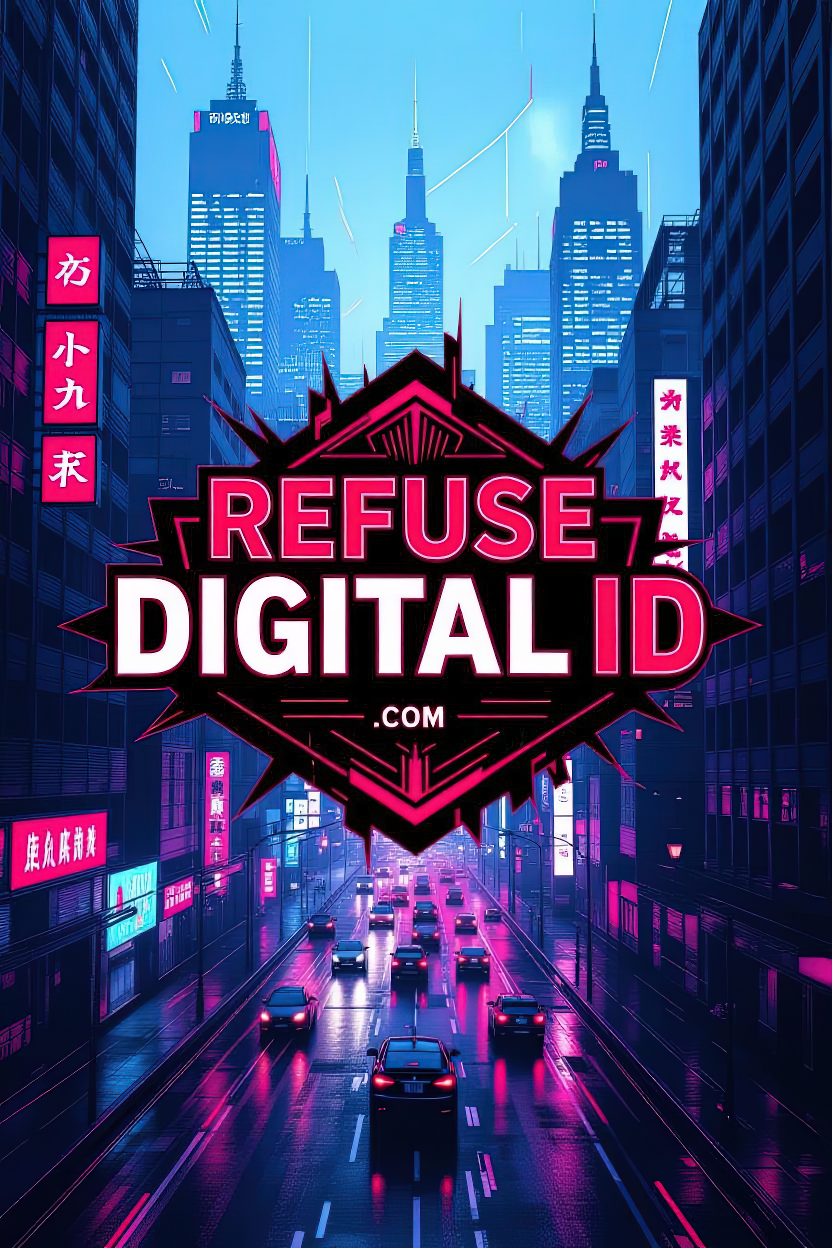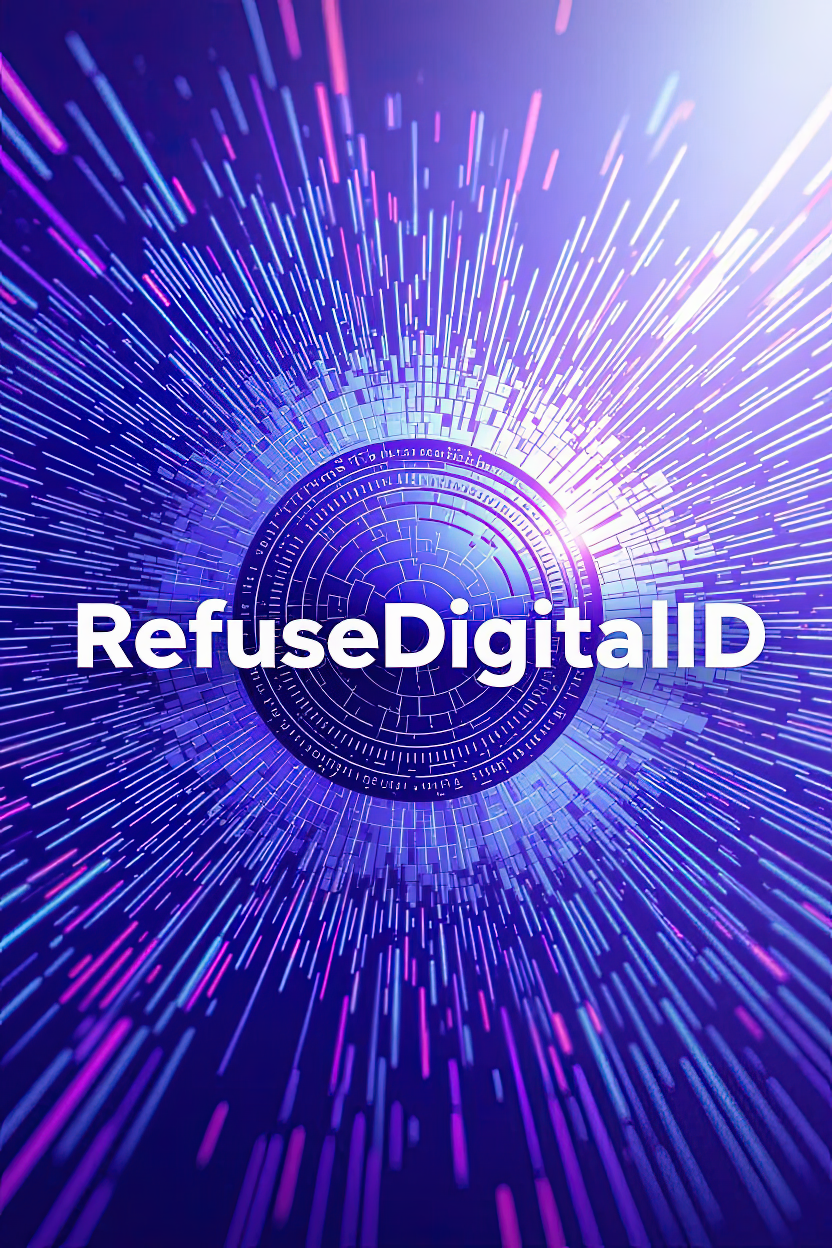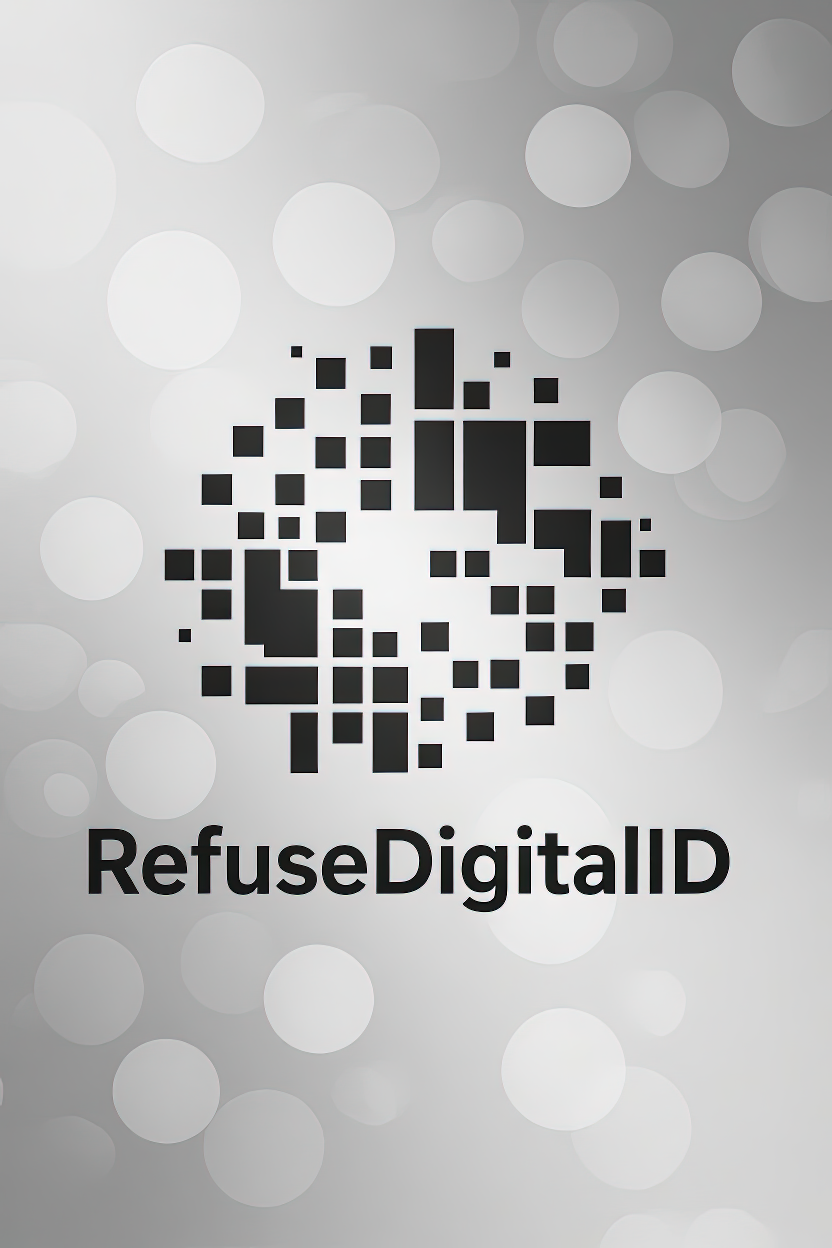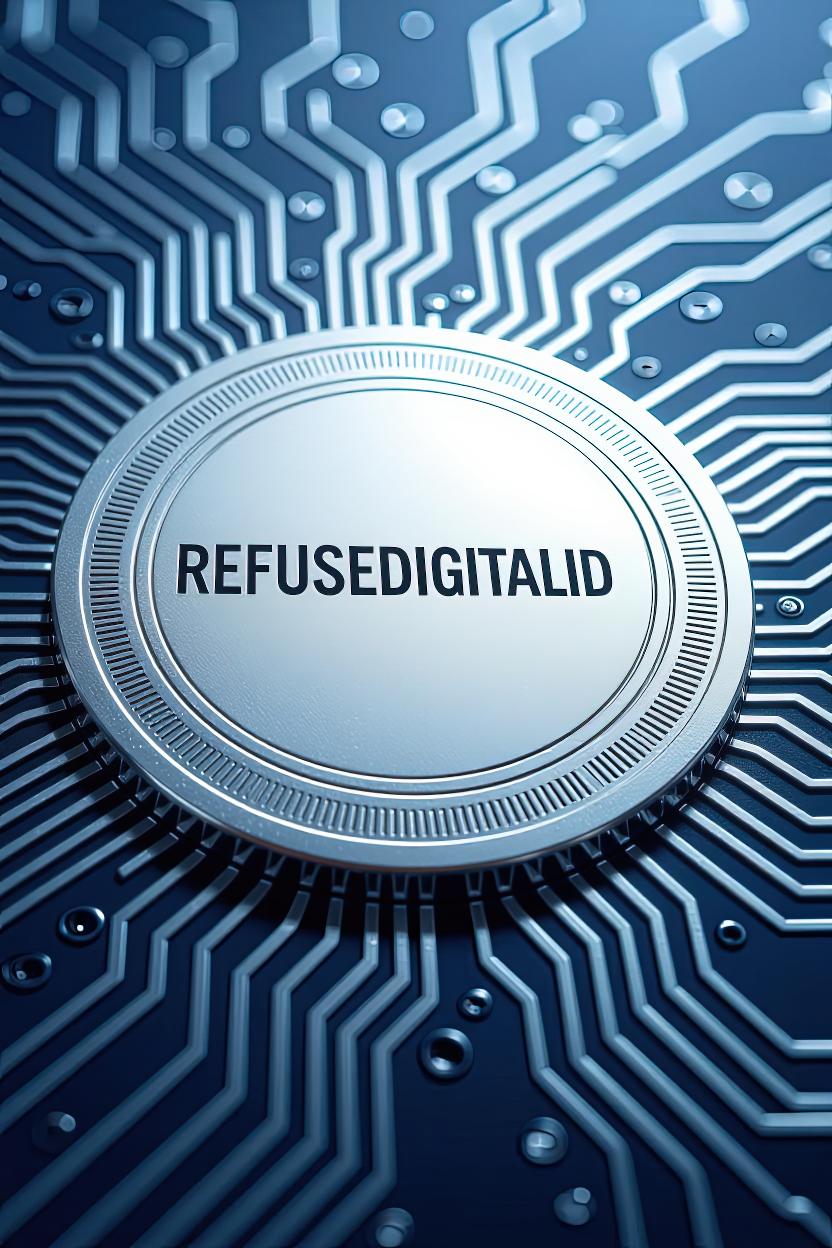Challenge the Digital ID Norm
Stand Against Digital Identity Control
Join us in advocating for privacy and freedom in a world increasingly dominated by digital identification systems. Discover why resisting digital IDs is crucial for safeguarding personal liberties.

Our Mission and Vision
Key Concerns with Digital IDs
Why We Oppose Digital Identity Systems
Pros, Cons, and Future Considerations
Pros: Enhanced security (e.g., blockchain reduces hacks), inclusion (e.g., unbanked access services), efficiency (e.g., e-voting in Estonia boosts turnout).
Cons: Privacy erosion, exclusion (e.g., digital divides), cyber risks (e.g., Equifax breach 2017). Future trends include AI integration for real-time verification, but ethical frameworks are essential to address biases.
Digital ID’s history reflects humanity’s quest for secure, efficient verification, but its implementation demands vigilance to protect freedoms. While polarizing in places like the UK, U.S. approaches remain cautious, with rumors often outpacing facts.
Privacy Invasion
Digital IDs can lead to unprecedented levels of surveillance, compromising personal privacy and autonomy.
Security Risks
The centralization of identity data increases vulnerability to cyberattacks and identity theft.
Data Misuse
There is a significant risk of personal data being exploited by governments and corporations for unauthorized purposes.
Loss of Control
Individuals may lose control over their personal information, leading to potential discrimination and profiling.
“Digital IDs pose a significant threat to our privacy and freedom. We must remain vigilant and protect our rights.”

“The potential for misuse of digital IDs is alarming. We need to ensure that our personal data is not exploited.”
“Digital IDs could lead to unprecedented government surveillance. It’s crucial to voice our concerns now.”
“We must question the necessity of digital IDs and the implications they have on our civil liberties.”

